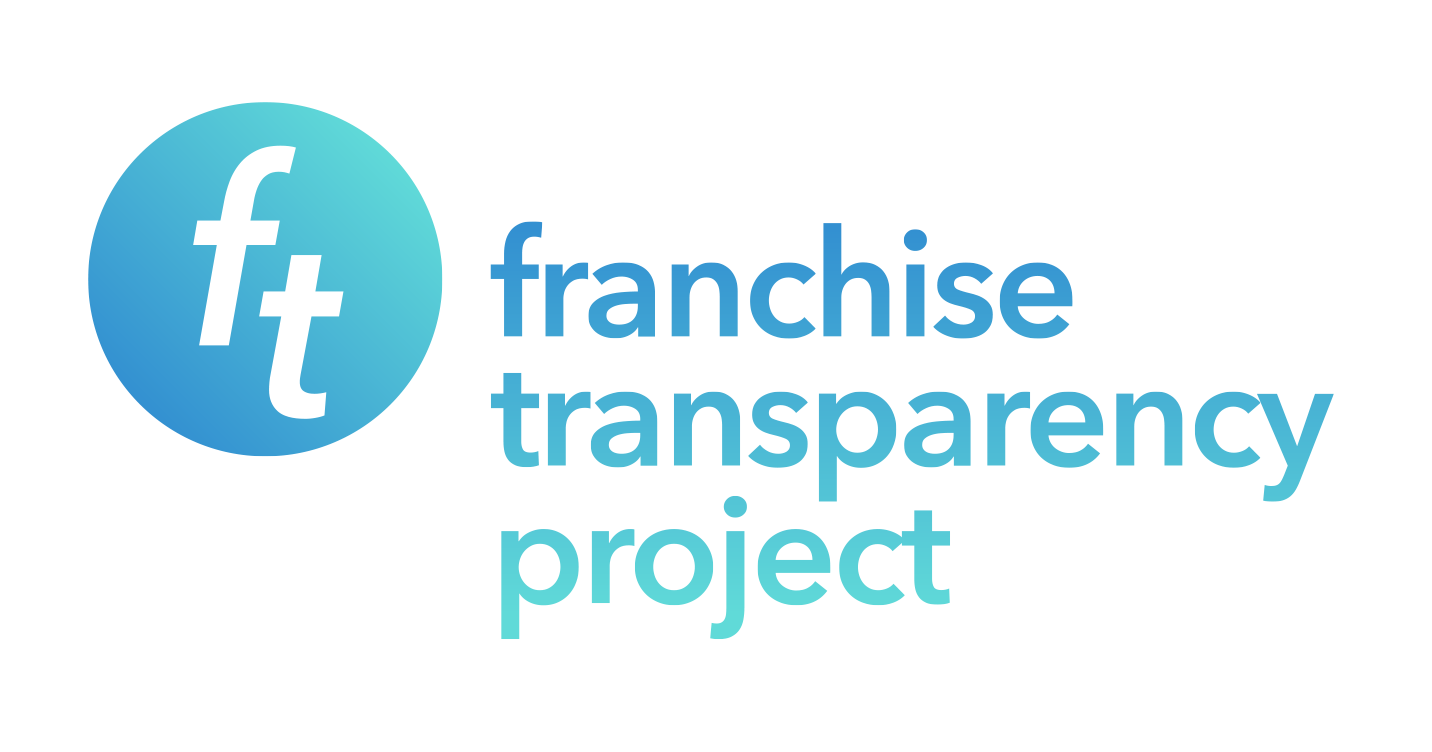
Starting a franchise can be an excellent way for aspiring entrepreneurs to become their own boss. This guide provides an overview of everything you need to know to start a franchise, including the benefits of franchising, how to choose the right franchise, and how to finance and grow your franchise.
Let’s get started!
What is a Franchise?
A franchise is a type of business in which the owner (franchisor) licenses the use of its trademark and system to another party (franchisee), who then begins operating their own business using those guidelines.
The franchisor typically provides initial training, support, and guidance to the franchisee as they get their business up and running. In exchange for this help, the franchisee pays ongoing royalties to the franchisor.
What are the Different Types of Franchises?
There are three different types of Franchise concepts: product distribution, business format, and management. Each type has its own benefits and drawbacks for aspiring entrepreneurs.
Product Distribution Franchise
In a product distribution concept, the franchisor distributes goods and services to the franchisee who is then responsible for selling the products or services in their local market. This type of franchise is often used by companies that want to expand their reach while still retaining control over how their products or services are sold.
Examples of product distribution franchises
- Automobile dealerships
- Home improvement stores
- Convenience stores
Business Format Franchise
In this type of franchise, the franchisee does not simply purchase the right to sell a company’s products or services. Instead, they buy into an entire business system which includes training on operating procedures, marketing strategies, branding, customer service and other aspects of the business. This type of franchise is popular with service-oriented businesses.
Examples of business-format franchises
- Restaurants
- Hair salons
- Fitness centers
Management Franchise
In a management concept, the franchisor owns and operates the entire business, but delegates certain responsibilities to the franchisee who then runs certain parts of the operation on behalf of the company. The franchisee may have some level of control over hiring, managing staff, and setting prices for services provided at their location in exchange for an ongoing royalty payment to the franchisor.
Examples of management franchises
- Hotels
- Parcel Services

The Benefits of Franchising
Franchising has many benefits that can help entrepreneurs achieve success. Let’s take a closer look at some of the advantages of owning a franchise.
Support and Training from the Franchisor
One of the biggest benefits of franchising is the support and training you receive from the franchisor. This includes initial training on how to operate the business, as well as ongoing support in areas such as marketing, operations, and customer service. This support can be invaluable in helping you get your business up and running and ensuring its long-term success.
Established Brand Name
When you own a franchise, you are buying into an established brand with a proven track record. This can give you an edge over independent businesses when it comes to attracting customers and building your reputation. In addition, many franchisors offer extensive marketing support to help promote their brands nationwide or even worldwide.
Increased Success Rate
According to the US Bureau of Labor Statistics, franchises have a higher success rate than independent businesses. This is likely due to the fact that franchises come with pre-established systems and procedures that have been tested and proven successful.
Financing Options
Many franchisors offer financing options for potential franchisees. This can make it easier to get started with your business, as you don’t have to worry about securing a loan or other sources of capital. Some franchisors may even provide financial incentives to help reduce costs and give you an edge over competitors.
These are just some of the benefits that come with owning a franchise. With the support from the franchisor and the advantages that come from an established brand name, owning a franchise can be an excellent way to achieve success.
How to Choose the Right Franchise
Choosing the right franchise for you can be a daunting task but there are some key factors to consider when making your decision.
See if you qualify for financing from the SBA for approved franchises.*
*No impact to your credit score. For informational purposes only.
First, you need to assess your own personal and business goals. What kind of business do you want to start? How much time and money do you have available for investment?
Next, research the franchises that interest you. Look at franchise directories or websites that list available opportunities and compare them thoroughly. Speak with existing franchise owners and attend industry events to gain further insight.
As you review each franchise, pay close attention to their brand strength, marketing support, growth potential and profitability.
It’s also important to consider how much upfront investment is required in terms of capital expenditure and ongoing fees such as royalties. Make sure that whichever option you choose fits within your budget while still providing a viable return on investment. Understand all of the terms in the franchise agreement before signing anything so that everything is clear from the outset.
Finally, look at additional benefits such as support and training provided by the franchisor and what kind of marketing resources they offer their franchisees. The right franchisor should not only provide comprehensive training but also ongoing support in areas like customer service, operations and marketing which can help ensure success for your business venture in the long term.

What to Look for in a Franchise Agreement
When considering a franchise agreement, there are many factors to keep in mind. The most important is to ensure the franchise agreement aligns with your business objectives. Other factors you should consider:
- Fees: Are there any fees involved to become part of the franchise? If so, what kind of fees are included (royalties, marketing fees, etc.) and how often must they be paid?
- Obligations: What type of obligations does the franchisor require from you? How often must reports be submitted, and what kind of support can you expect to receive in terms of training, marketing materials and other resources?
- Protective Provisions: Does the franchise agreement include any provisions that protect your interest in the franchise? For example, a right of first refusal clause or non-compete agreement can help to ensure that your investment is safe.
- Termination: What are the conditions for termination of the franchise agreement? Is there an option for you to buy out the franchise and become an independent business owner if desired? Understanding what happens in such a situation and how much notice is required before termination can help to ensure that both parties are fully aware of their rights and obligations.
By carefully evaluating the franchise agreement, you can make sure that it is one that will benefit both yourself and the franchisor in the long-term.
Financing Your Franchise
When you’re looking to buy a franchise, one of the most important decisions you’ll make is how to finance it. There are a variety of financing options available, and each one has its own pros and cons.
Here are some of the most common methods of financing a franchise:
- Personal savings
- Bank loans
- Business loans
- Home equity loans
- Credit cards
- Private funding
- Venture capital
The type of financing available to you when buying a franchise depends on several factors. Your personal financial stability will affect the financing available to you. It’s best to meet with a financial advisor to discuss your options.
Franchisors often offer financing options for potential franchisees, so discuss options with your Franchisor before committing to a personal option.
How to Market and Grow Your Franchise from the Start
Marketing is essential for the success of your franchise. But what are the best ways to market a franchise? And how can you ensure that your marketing efforts are effective?
Here are some tips for marketing and growing your franchise:
- Research your target market and understand their needs. then create messaging that resonates with them.
- Utilize digital marketing channels such as social media, email campaigns and SEO to reach potential customers.
- Invest in traditional marketing methods such as print ads, direct mail and TV commercials to broaden your reach.
- Make sure your website is up-to-date and user-friendly, and include plenty of information about your franchise including photos, videos and customer reviews.
- Get involved in the community by sponsoring local events or participating in charity drives. This will help to build goodwill for your brand and attract new customers.
- Train your staff members on how to market the franchise effectively – they are often the company’s best ambassadors to potential customers!
- Keep track of your progress by regularly measuring the results of your marketing efforts against set goals – this will help you determine.
Franchising is a great way to fuel your entrepreneur spirit without the burden of building a business from the ground up. If you think you have the skillset to be successful in franchising, start evaluating franchises today to find the best one for!
If you have any questions while researching, feel free to book a coaching call to discuss the best option for you.







